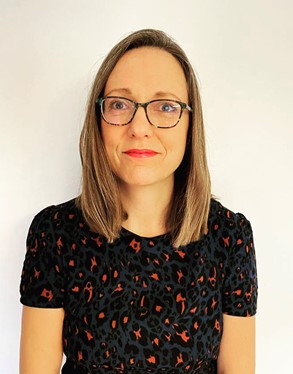 Hello, my name is Sarah, and I am Antimicrobial Resistance Programme Manager at NHS West Yorkshire Integrated Care Board.
Hello, my name is Sarah, and I am Antimicrobial Resistance Programme Manager at NHS West Yorkshire Integrated Care Board.
I’m delighted to have been asked to write this week’s leadership message, to be given the opportunity to raise awareness of antimicrobial resistance and discuss why it matters to us all.
Antimicrobial resistance or AMR for short, happens when bacteria, fungi or viruses find ways to stop antimicrobial medicines working, making then harder or impossible to treat.
The process itself is a natural phenomenon; microbes adapt and develop resistance to survive. In 1945, Alexander Fleming, who won a Nobel Prize that year for his discovery of penicillin, predicted that misuse of the drug could result in selection for resistant bacteria.
Yet despite his warning, in the years that followed, bacteria were overexposed to antibiotics in healthcare, agriculture and the environment. The availability of antibiotics was taken for granted. The World Health Organisation (WHO) has now declared that AMR is one of the top 10 most urgent global public health threats facing humanity.
When and why did it become a problem?
My own awareness of antibiotic awareness began during my first role at Trafford General Hospital – a small District General in Manchester, famously opened in 1948 by Aneurin Bevan and proudly known as “The Birthplace of the NHS". I had always aspired to have a career in healthcare, and really wanted to work in an area of hospital science where I could see that difference being made. So, I became a Healthcare Scientist and specialised in Medical and Molecular Microbiology – the diagnosis of microbes that cause infection.
Antimicrobial resistance was beginning to become a clinical problem for many of our patients – in particular, those receiving life-saving cancer treatments on the haematology wards. Before this, until the 1980s, there had always been new types of antimicrobials in production which meant alternative treatments were available for resistant infections. However, there were suddenly no new antibiotics on the horizon. In the five years from 2017-21 just twelve antibiotics were approved and there are presently only 2 under development that target multi-drug resistance (MDR), extensively drug-resistance (XDR) and pan drug-resistant (PDR) bacteria which are resistant to most currently effective antibiotics.
Why is it a problem for me?
Infections caused by resistant bacteria cannot be treated with routine antibiotics, making them harder and sometimes impossible to treat. And this is happening more often. Antimicrobial resistance causes 1.3 million deaths and contributes to 5 million deaths every year. The impact of AMR affects all sectors including human and animal health, the environment and food security. By 2030, it is estimated that AMR could force 24 million people into extreme poverty.
Our commitment to this work is driven by the fact that antibiotics do more than cause resistance – they save lives. Maybe someone in your family has had surgery, chemotherapy, or a transplant - which are only possible because antimicrobials have been available for managing infections. Antibiotics saved my mother and my neonatal self after premature delivery, kept my younger brother alive during his childhood cancer treatments, prevented infection for my grandfather after heart surgery and protected my father during hip replacement. We have all witnessed or experienced the benefits of antibiotics in our lifetime and will probably do so again in the future. So, we need to keep them working.
What is being done about it?
Governments and scientists around the world are acting to tackle this issue. The first five-year AMR National Action Plan launched in 2019, to help move towards the 20-year vision of containing and controlling antimicrobial resistance by 2040.
Here in West Yorkshire, our health and care partnership recognised the importance of AMR prevention and selected it as one of its 10 big ambitions. Subject matter experts from our local area places and trusts came together with key partners to develop our AMR Steering group – the aim being to consider the long-term impact of Covid-19, tackle health inequalities and build resilience and readiness for the health threat that is AMR.
The group is made up of professionals from healthcare, academia & research with the passion, motivation, and mandate to act and drive change forward. Whilst our strategy supports the national vision, it is built around local key objectives. We know that there is a link between deprivation and infection burden. Many people are at increased risk of infections, particularly with a type of bacteria called E. coli causing bloodstream infections associated with high mortality. We also know that people with drug-resistant infections talk about the fear they feel when they’ve run out of antibiotics to try. So, as well as mitigating and adapting prescribing, we are taking action to increase awareness, build resilience and provide support for our healthcare providers and citizens. We will do this through co-production and improvement projects aimed at enhancing hydration awareness, good hygiene, access to diagnostics, support, and availability of appropriate alternative treatments.
What can I do?
AMR is everyone’s problem. We need to change our behaviour and recognise that antibiotics are now a precious resource that should only be taken when prescribed for specific infections by a healthcare professional. The West Yorkshire AMR Steering group has developed a series of animation videos providing education about AMR and outlining steps we can take to keep healthy, prevent infection and reduce antibiotic resistance in our community.
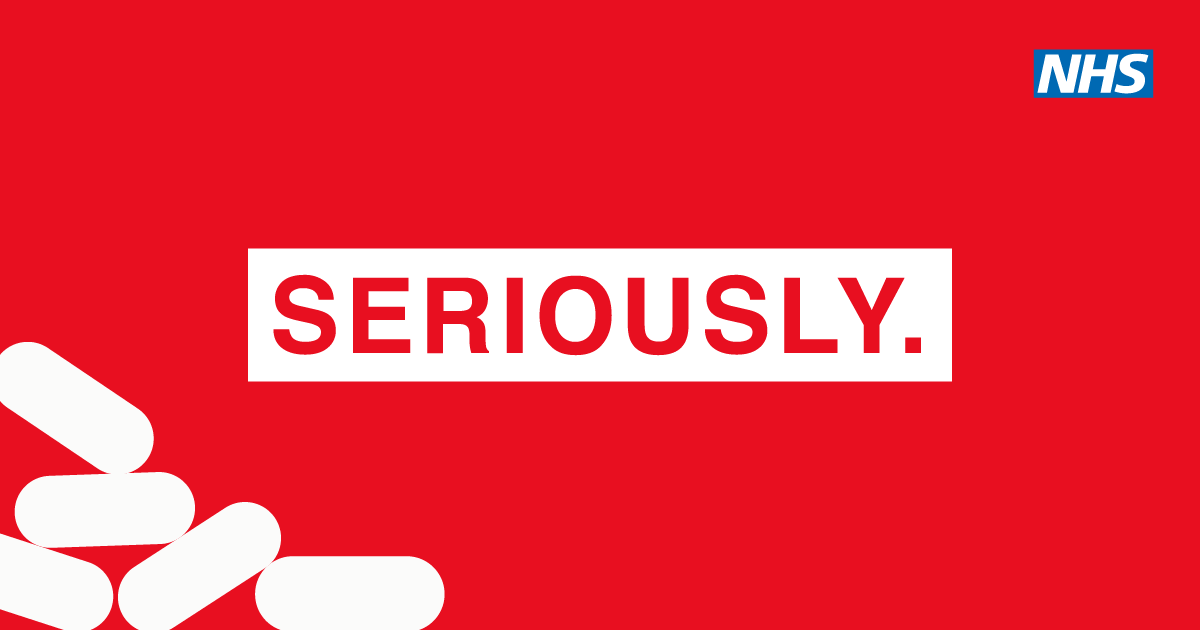 We have also commissioned a public facing 'Seriously' campaign to raise awareness of this issue amongst public and patients. So whether you are an individual member of the community, a doctor or pharmacist or an educator, you can also make a difference by supporting the movement to #TakeAntibioticsSeriously, pledging to become an Antibiotic Guardian or sharing key messages from the Seriously campaign with family and friends.
We have also commissioned a public facing 'Seriously' campaign to raise awareness of this issue amongst public and patients. So whether you are an individual member of the community, a doctor or pharmacist or an educator, you can also make a difference by supporting the movement to #TakeAntibioticsSeriously, pledging to become an Antibiotic Guardian or sharing key messages from the Seriously campaign with family and friends.
Throughout May, I will also be joining the “West Yorkshire Antibiotic Warriors” on the “Step-up” Challenge, coming together to raise awareness and support the fight against AMR. So, if you see me, my family and dogs climbing a slope near you, please say hello!
Wishing you all a wonderful restful weekend,
Sarah


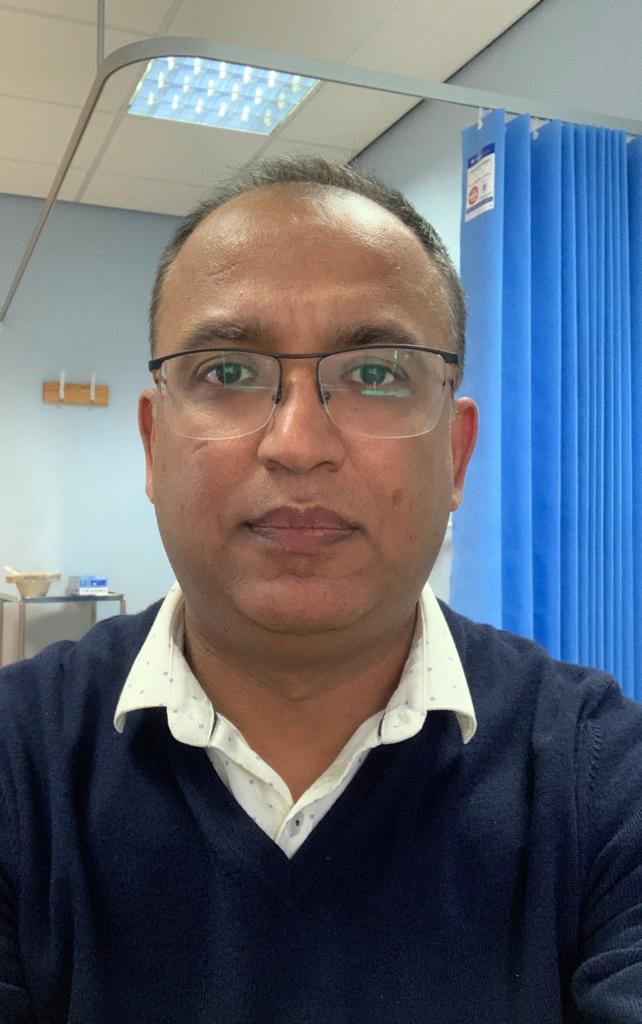 Hello, my name is Tarun and I'm a GP based in Wakefield.
Hello, my name is Tarun and I'm a GP based in Wakefield.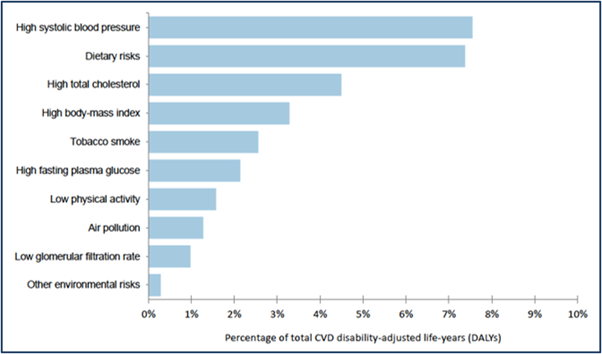
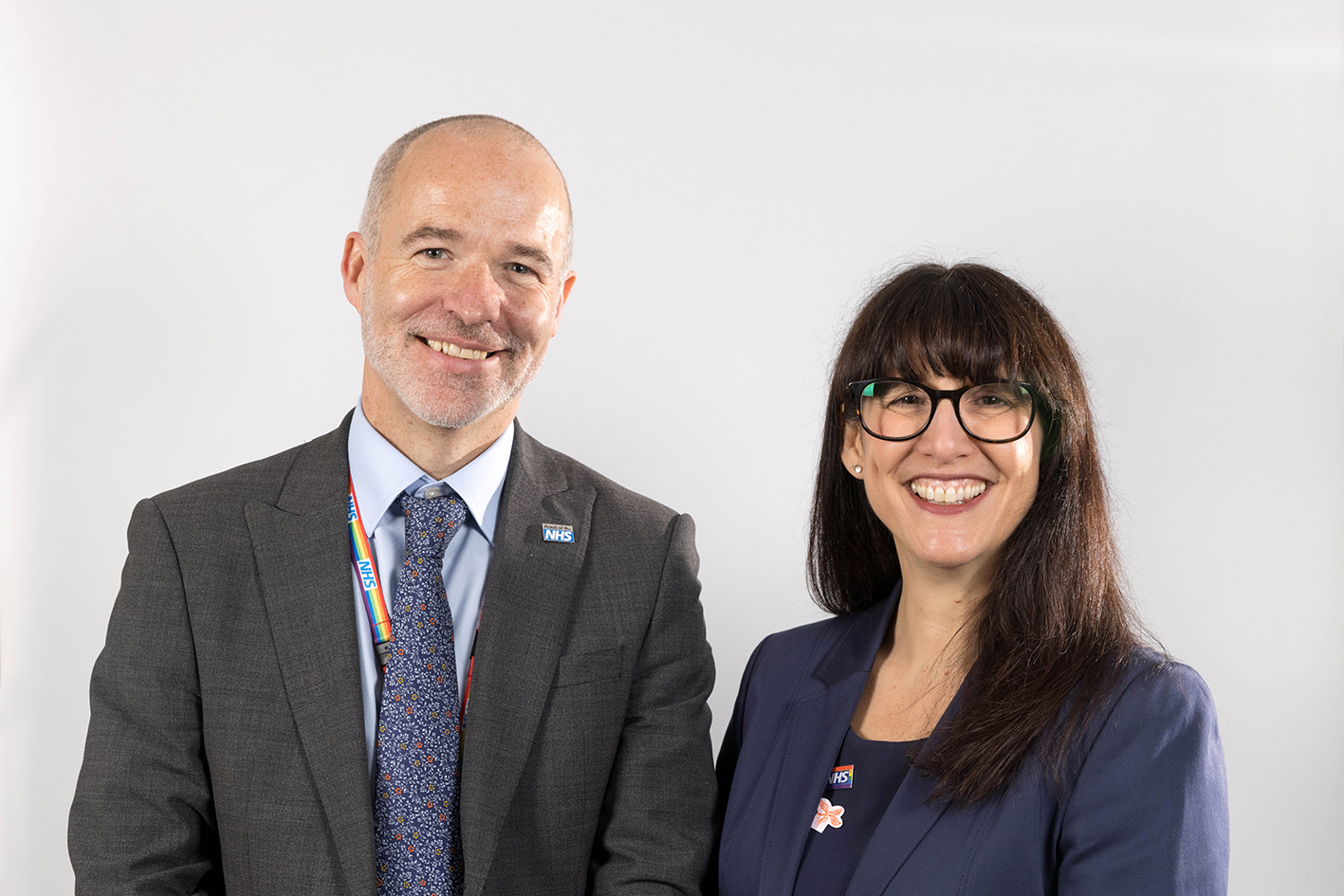 Our NHS West Yorkshire Integrated Care Board has agreed further funding of £1.8 million for charity led hospices across West Yorkshire and £1million of additional support for its local voluntary, community, and social enterprise (VCSE) partners – which will focus on helping sustainability and tackling health inequalities.
Our NHS West Yorkshire Integrated Care Board has agreed further funding of £1.8 million for charity led hospices across West Yorkshire and £1million of additional support for its local voluntary, community, and social enterprise (VCSE) partners – which will focus on helping sustainability and tackling health inequalities.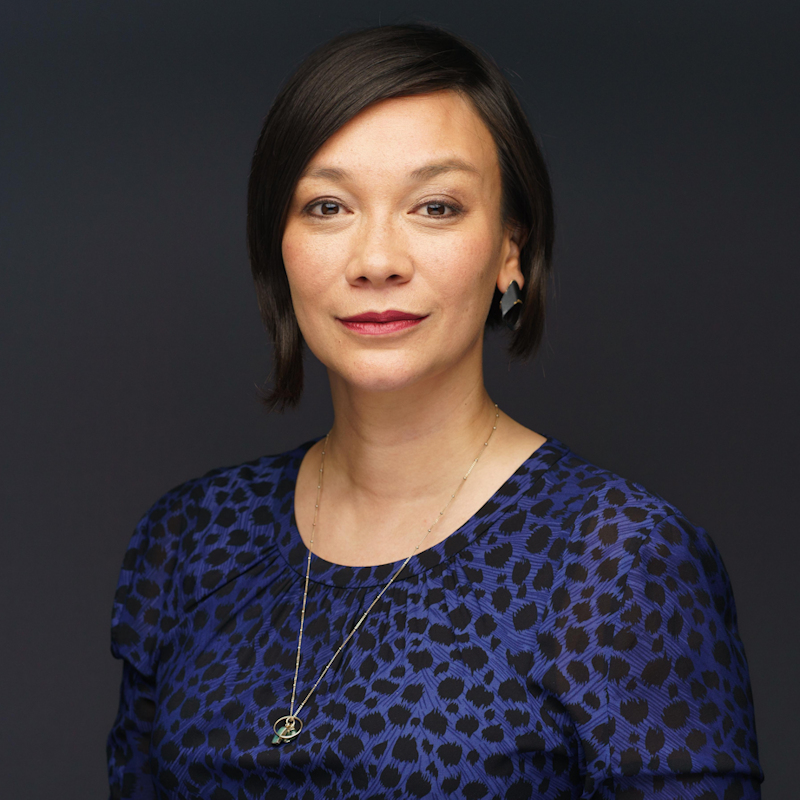
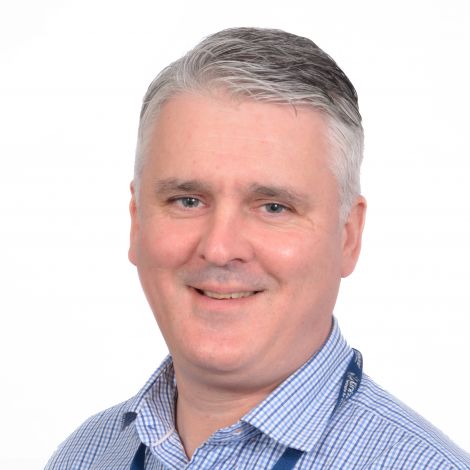 The Partnership has a memorandum of understanding with the sector, backed by investment and strong ties into the way the Partnership operates.
The Partnership has a memorandum of understanding with the sector, backed by investment and strong ties into the way the Partnership operates.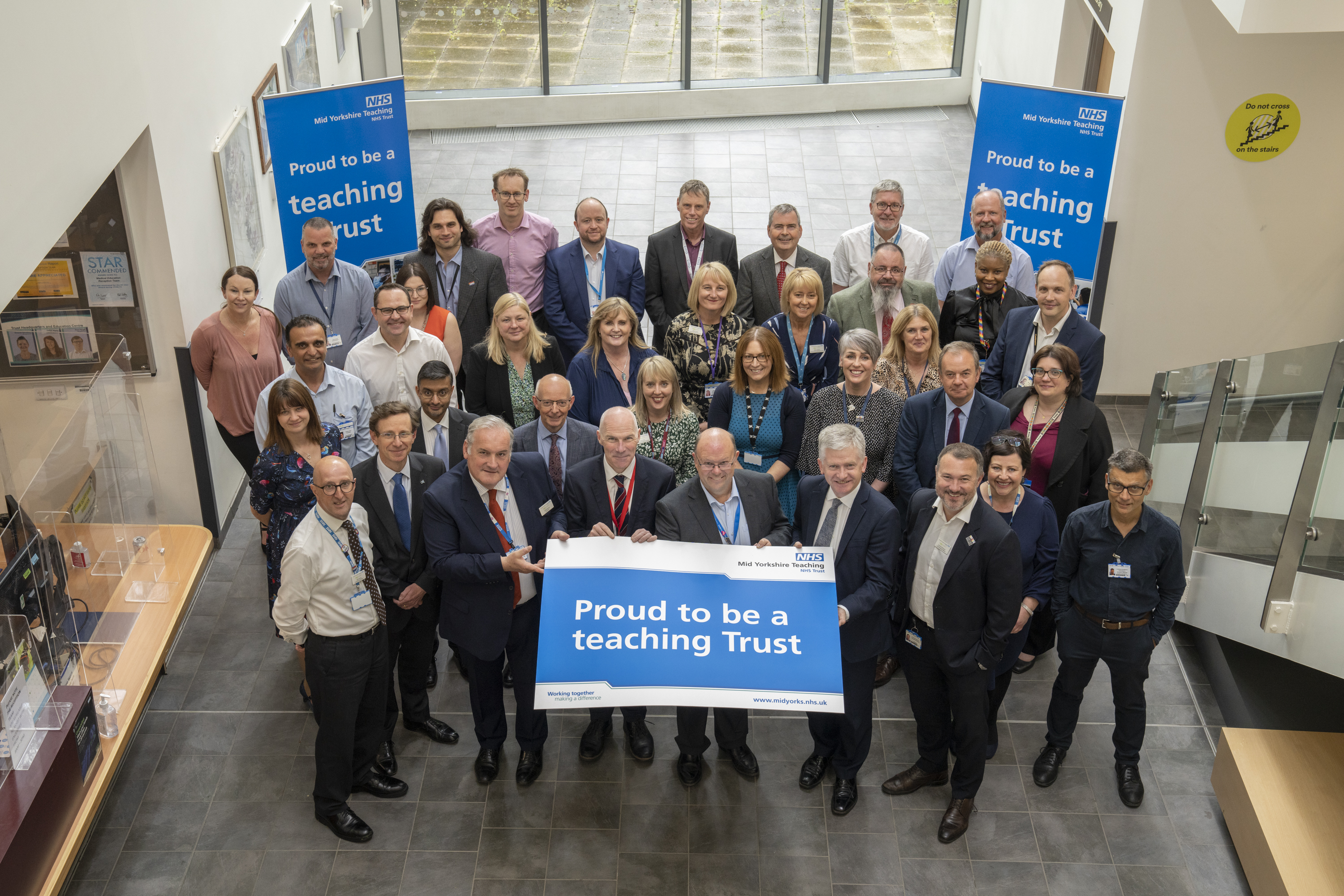 The Mid Yorkshire Hospitals NHS Trust this week announced it is officially a Teaching Trust, and will now be called Mid Yorkshire Teaching NHS Trust.
The Mid Yorkshire Hospitals NHS Trust this week announced it is officially a Teaching Trust, and will now be called Mid Yorkshire Teaching NHS Trust.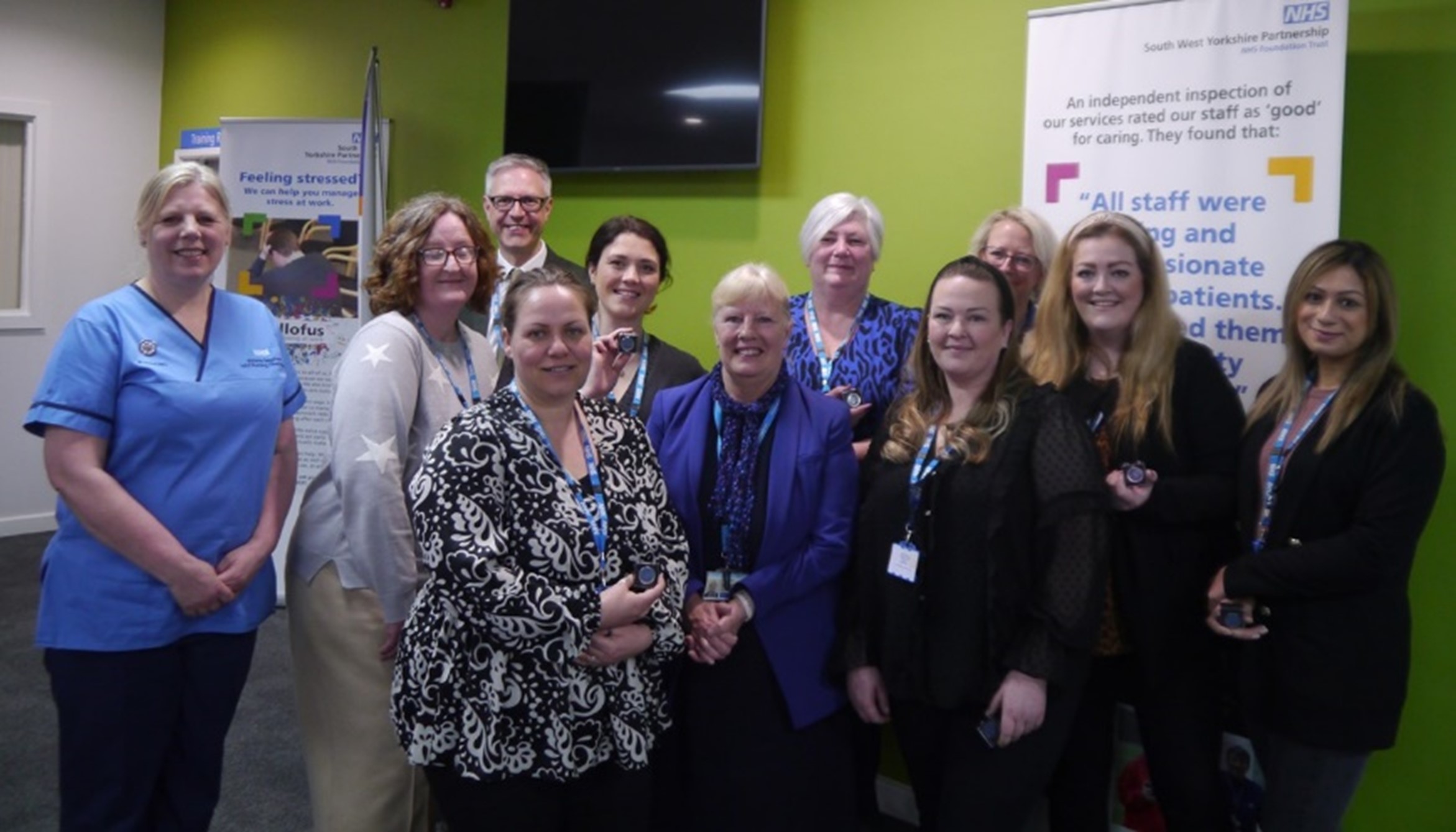 The Chief Nursing Officer Health Care Support Worker (HSCW) award for Healthcare Support Excellence celebrates people who give consistently outstanding care recognised by patients, service users and colleagues alike.
The Chief Nursing Officer Health Care Support Worker (HSCW) award for Healthcare Support Excellence celebrates people who give consistently outstanding care recognised by patients, service users and colleagues alike.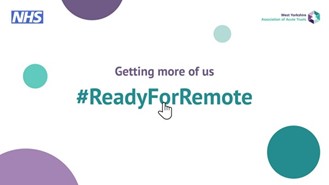 Clinicians and patients across West Yorkshire have come together in a series of videos to help promote the use of remote appointments at hospitals across the region.
Clinicians and patients across West Yorkshire have come together in a series of videos to help promote the use of remote appointments at hospitals across the region. The urgent and emergency care programme board (UEC) met on Tuesday 9 May and was chaired by Clare Smith, Chief Operating Officer at Leeds Teaching Hospitals Trust and Senior Responsible Officer for the programme.
The urgent and emergency care programme board (UEC) met on Tuesday 9 May and was chaired by Clare Smith, Chief Operating Officer at Leeds Teaching Hospitals Trust and Senior Responsible Officer for the programme.